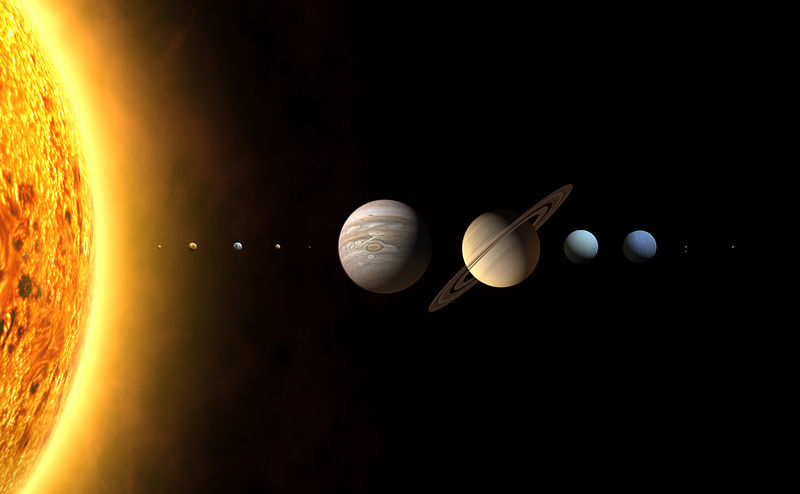Conceptual vs Perceptual
Conceptual and perceptual are two terms related to cognitive processes that have distinct differences. Perceptual knowledge comes from perception, which involves an individual’s ability to be aware of their surroundings through their senses. In contrast, conceptual knowledge comes from abstract ideas and concepts that are more difficult to understand as they involve more abstract ideas. The main differences between these two processes stem from perceptual knowledge relying on our senses and conceptual knowledge relying on our previous learning.
Key Takeaways
- Perceptual knowledge is based on an individual’s awareness of their surroundings through their senses.
- Conceptual knowledge comes from abstract ideas and concepts that are more difficult to understand.
- The main differences between the two processes stem from perceptual knowledge relying on our senses and conceptual knowledge relying on our previous learning.
What is Conceptual?
Conceptual cognition arises from the acquisition of new concepts and abstract ideas through learning, both naturally and through formal education. This type of knowledge goes beyond perceptual knowledge as it is stimulated by an individual’s learning. For example, understanding the concept of the solar system requires conceptual knowledge, as it goes beyond what can be perceived through our senses. Conceptual knowledge also plays a role in situations such as an adult fearing a dark room, while a child does not, due to the adult’s learned associations between darkness and negative concepts.
What is Perceptual?
Perceptual knowledge comes from perception, which involves making sense of the world around us through our senses, such as vision, hearing, smell, taste, and touch. A child first gains an understanding of the world through perceptual knowledge by seeing and categorizing objects and experiences. Unlike conceptual learning, perceptual knowledge does not rely on the acquisition of formal and informal learning but solely on an individual’s awareness. Both perceptual and conceptual processes occur in our brain, with different brain parts responsible for each type of memory process.
What is the Difference Between Conceptual and Perceptual?
Perceptual and conceptual refer to cognitive processes, with perceptual processes relating to responses made based on perception or sensation, while conceptualization is an attribute unique to humans. Both processes occur simultaneously in our brain, though they are performed by different parts.
